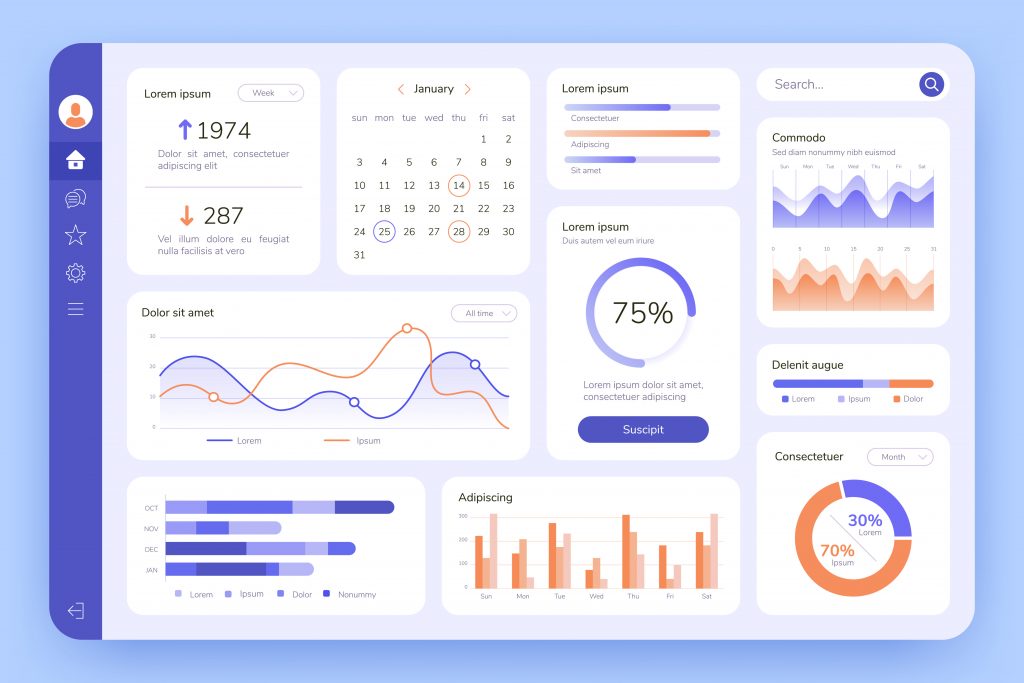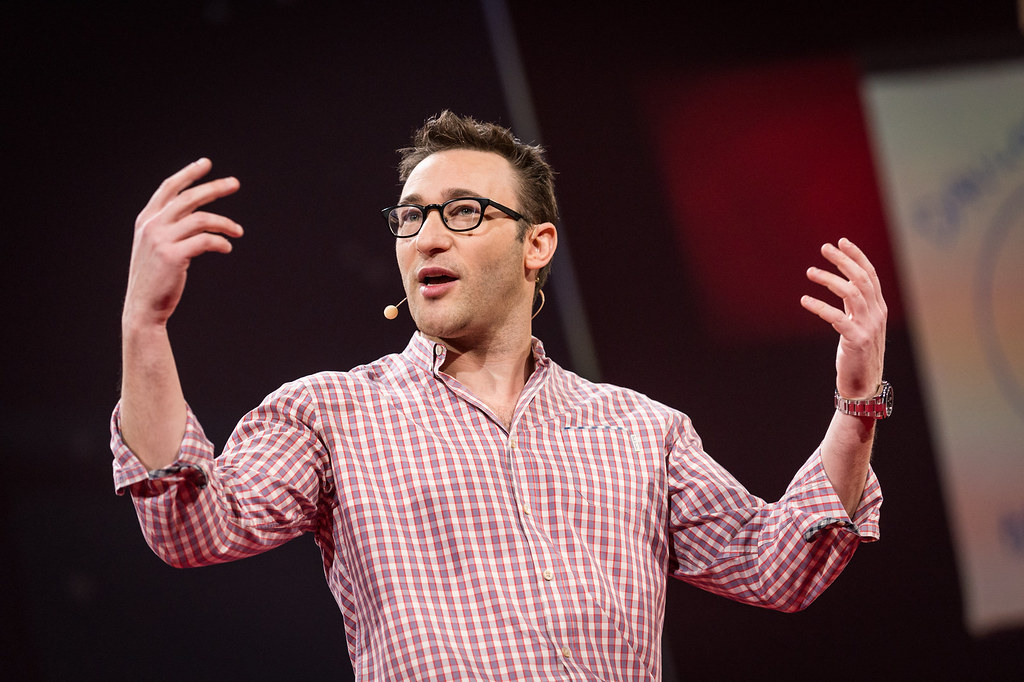Researchers who are interested in the world of work have been saying it for a long time: to be productive and resilient at work, you have to focus on “intrinsic” motivations (doing tasks that give pleasure and meaning to work) and not “extrinsic” motivations (e.g. working to earn a living, support your family or to obtain social or professional recognition). In other words, you have to “love” what you do for the work itself. But you don’t have to love everything, all the time.
This is what Marcus Buckingham, head of research at the ADP Research Institute (ADPRI), reminded us in an article recently published in the Harvard Business Review.
If you’re doing work you love, he says, work becomes not a source of stress, but rather a source of energy and resilience. Indeed, ADPRI’s engagement data shows that people who feel love, strength, joy and excitement doing what they do every day are much more productive, stay in their jobs longer and manage to overcome the inevitable challenges of a job. Finding work you love is not self-indulgent or narcissistic; it is a precursor and amplifier of performance.”
To this, Marcus Buckingham adds a detail that matters. Workers don’t have to love all their tasks, at all times of the day. He points to a 2009 study that is worth its weight in gold for what it reveals; more than a decade ago, researchers at the Mayo Clinic were able to identify a critical threshold for the proportion of interesting or “exciting” tasks to be done in a day.
That proportion is 20%. One-fifth of the day, doing tasks that you enjoy.
This [Mayo Clinic] research on physician and nurse burnout suggests that if less than 20% of your work consists of things you enjoy, you are much more likely to experience physical or mental burnout. Surprisingly, loving more than 20% of your work doesn’t seem to have much effect on resilience. A little love at work will get you far.”
Looking at the study itself, the researchers’ conclusion is in equivocation:
“The association between time spent in meaningful activities and burnout was strong and it was the strongest predictor of burnout in a multifactor analysis for which other factors were controlled,” the authors explain.
Thinking about fun… from conception!
Marcus Buckingham concedes that it’s not always possible to find that 20% of tasks that are enjoyable in every job. Especially when it comes to difficult and thankless jobs such as delivery, housekeeping or factory work. This is why he calls on managers to create jobs with the employee experience in mind. To imagine the organization of work by placing employees at the heart of operations.
It’s time to design jobs with love in mind, he suggests. “If leaders took this data seriously and deliberately created what I call ‘Love+Work’ organizations, in which more people love what they do – at least 20% of the time – how would they precede? They would ensure that engaged and resilient people feel inspired and not devalued by their tasks, with the results of providing better services and products to their customers while making a lasting commitment to their community.”
That’s an inspiring vision!




